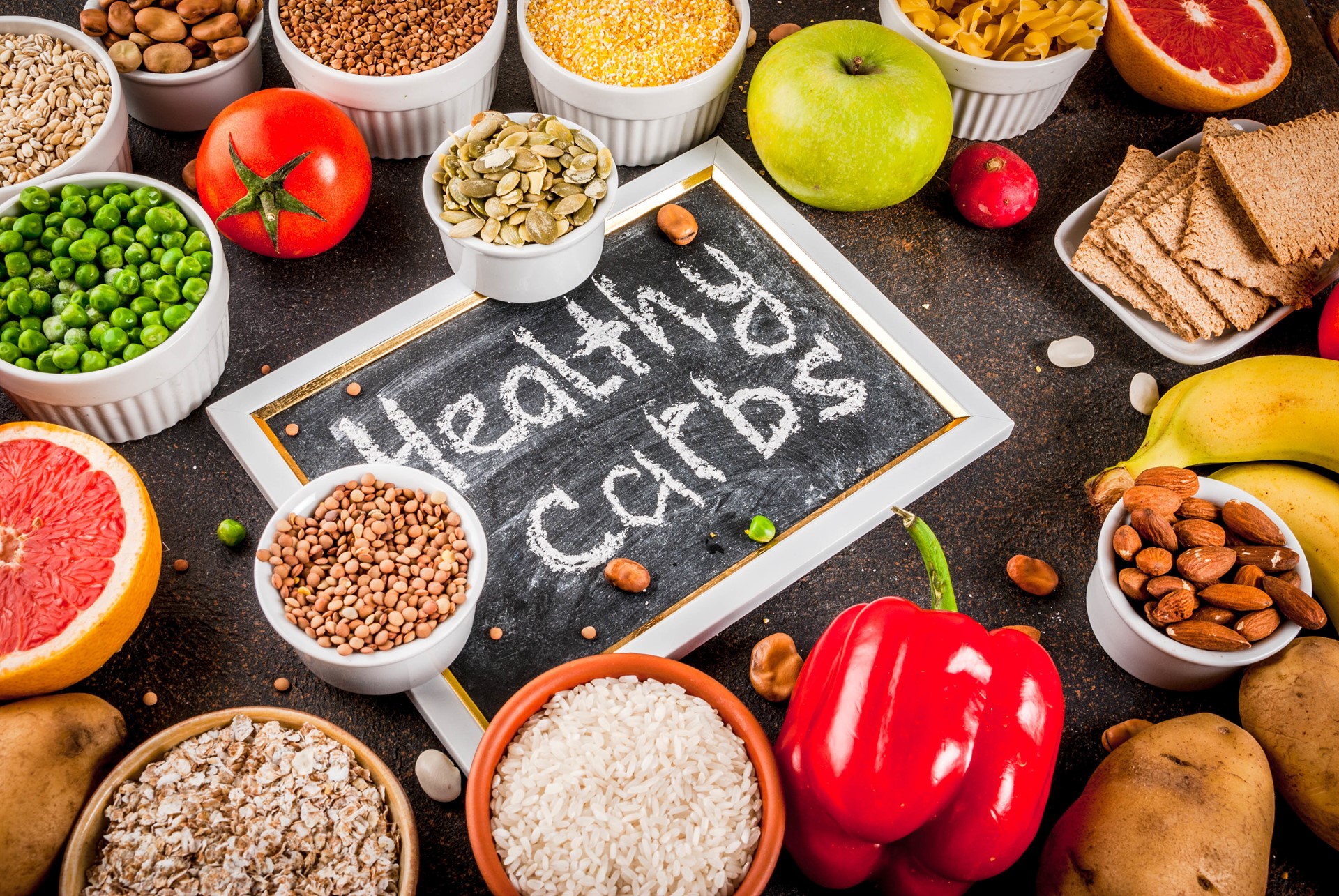What are Carbohydrates?

By definition carbohydrates or “carbs” are sugars, starches and fibers they are found in the majority of foods that come specifically from plants. Carbs are one of the three macronutrients, which also includes fat and protein. In general carbohydrates make up the majority of our diet, supplying our body with the necessary energy it needs to not only power our muscles during exercise but perhaps more importantly carbohydrates give every cell in our body the energy to function... The most carb hungry cells? Those would be our neurons, we need carbohydrates to think! So where do carbohydrates come from and are there good and bad sources?
It’s no surprise that mashed potatoes and pasta are carbohydrate rich foods; how many of us have heard someone say they were “carb loading” when eating a huge serving of these foods? But the truth is carbs can be found in a variety of places and often are mixed with the other macronutrients. Here are some examples of where carbohydrates are commonly found.
Grains: All grains contain some carbs; however, white rice and flour are less complex and act similarly to the overly processed foods below. On the other hand, whole wheat, quinoa, oats and brown rice act as “complex carbohydrates” and lend themselves to be the better choice.
Vegetables: Some vegetables are higher carbohydrate sources such as sweet potatoes and corn, while others are lower such as cauliflower and leafy greens. But in any vegetable you will find at least a few carbohydrates.
Beans: I’m not talking just about baked beans, although those do have carbohydrates, foods like chickpeas, soybeans, lentils and black beans are all sources.
Fruits: Similar to vegetables there are some fruits such as berries that are lower in carbohydrates but fruits have carbs, that’s what makes them sweet!
Dairy: This one comes as a surprise to some people but dairy is actually a source of carbohydrates – milk, yogurt, and cheese all have varying amounts of carbohydrates.
Overly Processed Foods: I’m talking most specifically about sweets here, ice cream, cookies, French fries, and most things found in vending machines... I’m looking at you sports drinks! All contain carbohydrates, and these carbohydrates are in general not as good for us as the majority of those found in the foods above.
It can be argued though that there is some good in every carbohydrate, those overly processed carbohydrates are often found in the diets of elite athletes because they require a quick burst of energy during their training sessions. But, unless you’re in the middle of a 2-3 hour workout those types of carbohydrates should only be enjoyed in moderation.
The carbohydrates you should be including in your diet tend to be digested much more slowly allowing for sustained energy and they often provide more than just sugar – think vitamins and minerals. These “good” carbohydrates can also be a source of fiber or other macronutrients like protein or fat. Examples of fiber rich carbs include whole wheat bread and fruits and good sources of protein and fat are dairy products and avocados.
Choosing these types of carbohydrates will decrease the risk of insulin sensitivity and can either prevent or help treat chronic diseases such as type two diabetes mellitus. The truth is some carbohydrates are better than others and eating the right kind is important to keep our bodies healthy and happy.
